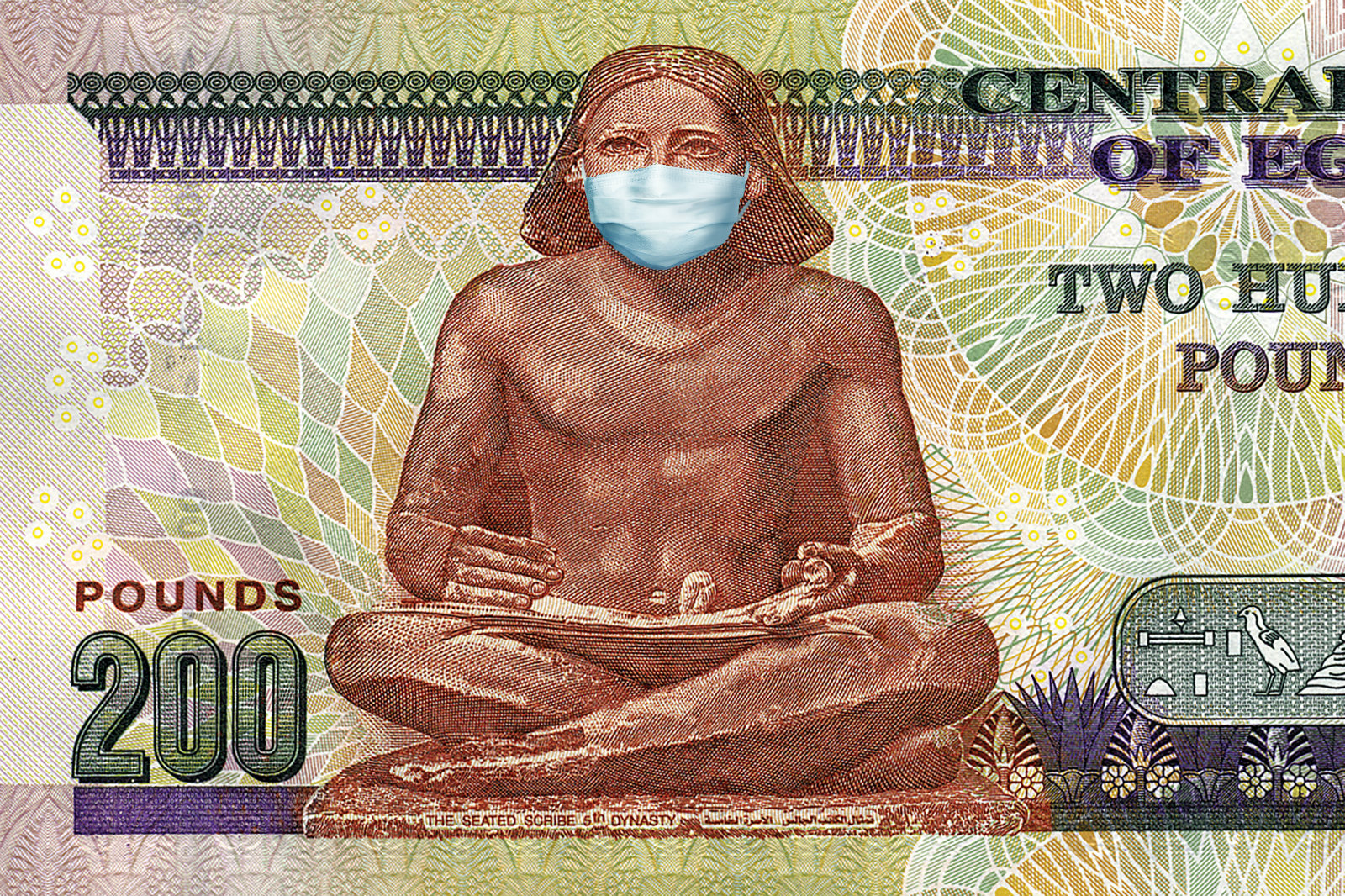Egypt announces a three-stage plan to fully reopen the economy

Egypt will reopen in three phases under a plan released last night by the Health Ministry. Cabinet spokesman Nader Saad suggested earlier this week that the plan would go into effect on 1 June, but the document released last night does not really make clear when phase one begins — look for an announcement on that front later today.
The highlights:
- Phase one includes a raft of measures including requirements that staff at all businesses wear face masks in the workplace. It remains in effect for at least two weeks.
- Phase two starts after we see 14 days of declining day-on-day counts of new cases in phase one. Measures for the general population and for specific industries will ease over a 28 day period provided there’s no spike in new cases.
- Phase three is probably best described as “watchful waiting” with light precautions in place until the World Health Organization gives the all-clear.
You can tap or click here to read the full plan in pdf format.
The ministry’s timetable makes no mention of what will happen to the nighttime curfew, which the Madbouly government last week extended through 26 May, when Eid El Fitr ends.
Also unclear: The plan makes no mention of when:
- Egyptian airspace will reopen to regular commercial flights;
- Public-facing government services including passport and visa issuance will resume;
- Mosques and churches will reopen.
Here’s what to expect:
The kids are not going back to school, university or nursery anytime soon. They’re closed “during the pandemic,” the plan says without detail on the phase in which they might be allowed to reopen.
You’re not going to go back to the gym, either. Gyms, sporting clubs, cafes, cinemas, theaters and other entertainment venues are also closed “during the pandemic,” the plan says. Large gatherings for weddings and funerals will remain prohibited.
The picture is less clear when it comes to restaurants: It seems they will only be allowed to open for takeout and delivery in phase one before dining rooms open with a cap at 50% occupancy in phase two.
PHASE 1: You’ll need to wear face masks in the workplace, including factories and offices, and everyone will need to wear masks in public places, including in shops and on public transportation. Businesses will need to cap headcounts at the lowest possible number per shift that’s compatible with full operations. All public establishments will be required to keep hand sanitizer at their entryways and screen people for temperatures or obvious signs of infection before admission. Seniors will be urged to stay home and anyone with an underlying health condition will be urged to work from home wherever possible. There will be specific cars on the Metro for the elderly and for vulnerable citizens.
Shops, banks, and other public spaces will be required to limit footfall by asking customers to line up outside. Authorities will promote the use of electronic payment, smart technology, and delivery services.
How do we get from phase one to phase two? Fourteen days of declining case counts.
PHASE 2 will see the measures imposed in phase one eased over a period of 28 days. We will still be required to wear face masks in public and in the workplace — and entertainment venues will remain closed.
PHASE 3 will see only light precautions in place provided we see no spikes in new cases. The measures will include limits on large gatherings and ensuring closed spaces remain clean and well-ventilated. Only vulnerable people (seniors and those with underlying health conditions) will be required to wear face masks. We’ll remain in phase three until the World Health Organization gives the all-clear.
Read the pdf carefully — the ministry’s plan lists measures designed specifically for workplaces, malls and shops, construction sites, public transport, and hotels. The measures will also follow the same pattern, beginning with a strict phase and then gradually easing out as we enter the later phases. They vary from conducting rapid covid screening tests before admitting foreign guests at hotels to deep cleaning offices, retail areas, and public transportation facilities.
When airspace reopens, tourists will need to produce the results of a PCR test completed 48 hours before they hopped on their flights.
The get out of jail [without charge] card: If the WHO approves a vaccine at any stage, the Health Ministry will immediately launch an immunization drive.